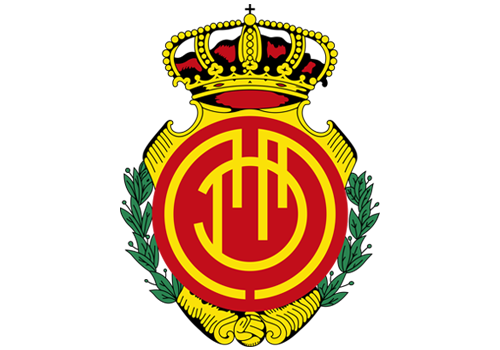Of ancestral origin, northern, and with a necessarily vigorous DNA to be played. It's no coincidence that hand strikes in pelota vasca require a palm built from tough skin and layers of dead tissue shed in the frontons of Euskadi after endless matches that forge a distinct character. “It’s something we’re proud of, being a rural, native sport that’s truly ours, where people can enjoy either watching or playing it,” says Jagoba Arrasate, coach of RCD Mallorca, with a smile when asked how he feels about visiting the Sineu Fronton.
For several months now, this small Mallorcan town of just over 4,000 inhabitants has restored a multipurpose space that makes special room for pelota vasca. It’s a time when the Basque community in Mallorca gathers around the fronton, a place that symbolizes unity, play, and also dialogue and tradition, as Arrasate himself affirms: “It’s also a meeting point, and the matches are an event. In fact, I played at the Markina school, so I know what it’s like to dress in white and play in red or blue, with all that comes with it.”
Forged by the sport
Arrasate’s visible emotion as he recalls his years as a pelotari and what this ancestral, native sport means to him broadens the meaning of pelota vasca: “It’s a beautiful, exciting, and healthy sport, and the ball is incredibly hard—it says a lot about what our Basque ancestors were like. There are many years of history behind it, and above all, there is pride in all of this—there’s a whole culture behind it.” “Luckily, we also had a plaza—well, a kind of fronton,” continues an enthusiastic Arrasate, reminiscing about his childhood, “and later, a big fronton where people also played cesta punta. In fact, many of my friends made a living playing cesta punta in the United States, which is a huge deal for Basques—going there and showing who we are.”
Now based in Palma as coach of RCD Mallorca, Jagoba Arrasate spends his TV downtime watching matches broadcast on ETB Sat, the public radio and TV station from his native land: “It connects me a bit with the Basque Country. The final of the Pairs Championship just took place—Ezkurdia and Rezusta won it, 22–20, at the Navarra Arena in front of 3,000 people, and that stirs up a lot of emotion, too. Now the Manomanista is starting, and in cesta punta they’re also playing the Master Series, the final just ended, but there are other tournaments too. They’re also playing remonte, and pala, too.”
The Mallorca coach recalls how good a pelotari Jose Mari Bakero was, the former FC Barcelona and Real Sociedad player, as well as other footballers who, like him, swapped the fronton for the football pitch. Asked what aspects of fronton play can translate and be useful in football, Arrasate is clear: “The culture of competition, competitiveness, reflexes, staying alert, staying focused, and giving mental importance to each point. I think all of that has helped me develop in other sports and reach a professional level.”
Beyond being a pelotari, the Basque coach also admires the figure of the botillero: “In the championships, there’s the botillero—‘they call him that because he gives you the water,’ Arrasate explains—“who helps you relax and tells you what you need to do.” “I also like that modern element,” he adds, “where you can call a timeout, sit down, and someone tells you: ‘Look, you’re doing this right, this wrong, and we need to attack here or there.’”
The perfect moment
His return to the fronton coincides intentionally with a return home to play RCD Mallorca’s match against Real Sociedad on Matchday 31: “We’ve been Real fans since we were Little, it’s the club of my life. But well, since we’ve played them several times now, each time it feels a bit less special, though it’s still different. It’s always a pleasure to see fellow professionals who gave you opportunities, who you’ve shared moments with, and as always, you wish them the best, beyond this weekend’s match, of course.”
